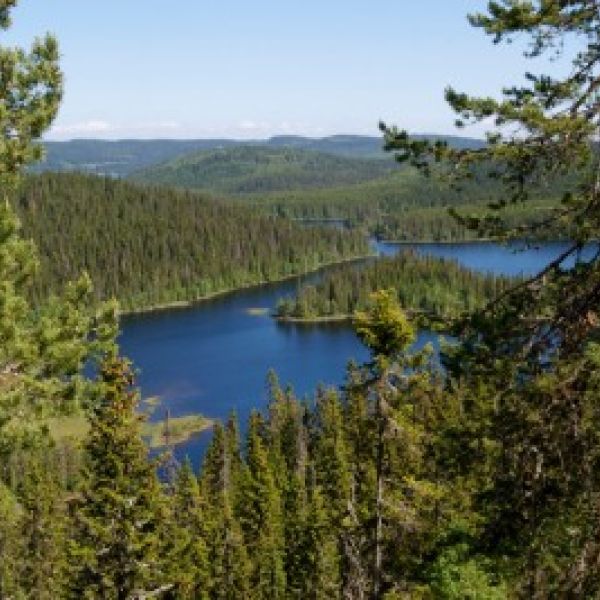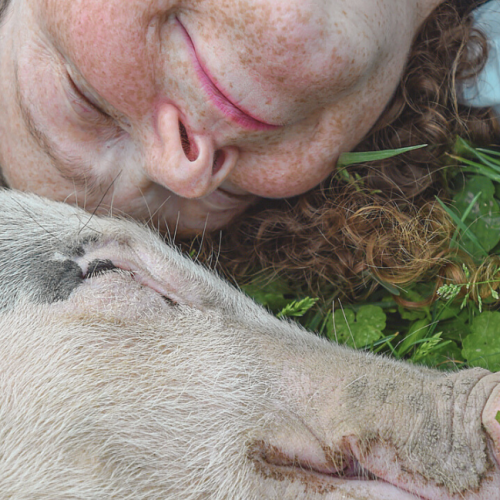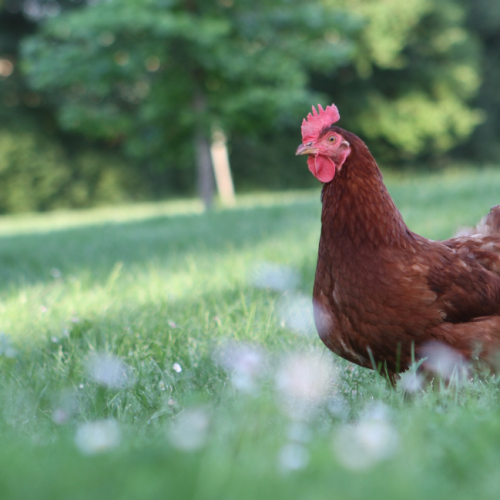The World's First Native Bee Sanctuary
There are about 20,000 species of bees on our planet, and 3 basic types of bee: bumblebees, solitary bees and honey bees. Small but mighty, bee’s play a huge role in maintaining the delicate balance of our ecosystem, and are vital to the food we need to survive.
Bees are pollination superheroes! When they hop from flower to flower, collecting nectar for their hives, they inadvertently transfer pollen. This process fertilizes plants, enabling them to produce fruits and seeds. Imagine a world without bees - we'd be waving goodbye to our favorite fruits like apples, strawberries, and watermelons.

And they don't just contribute to human survival; they play a crucial role in supporting the entire planet’s ecosystem. The plants they pollinate provide food and shelter for a myriad of creatures, including birds, insects, and mammals.
However, wild native bees (bumble bees and solitary bees) are in serious trouble. Worldwide 40% of the world's bee species are threatened from loss of habitat, pesticides, disease and climate issues.
So what can be done to stop the decline of native bees? Enter the first and only native wild bee sanctuary on the planet.
Saving bees like no one else
The Bee Sanctuary of Ireland, located in the foothills of the Wicklow Mountains, is the world’s first and only native wild bee sanctuary. It consists of 55 acres (that’s 31 football pitches!) of land that is completely dedicated to saving wild native bees - think wildflowers and clover as far as the eye can see. They have big dreams for the future of bees, by means of education, action and inspiration.
They don't keep honey bees, hives or sell honey, as this is actually a huge problem to the declining number of native wild bees.

What’s the deal with honey bees?
Native wild bees are in trouble, but honey bees are not. As a kept species with many people taking up beekeeping as a hobby, even in urban cities today, there have never been more honey bees on the planet in recorded history than there are today.
This issue needs to be addressed quickly to ensure people are well educated on how we can support native bees. Buying a hive and keeping honey bees in your garden is not doing anything to help endangered native bees. The demand for honey is not doing anything to help bees either.

What can you do to help?
Bees are like the tiny engines that keep our planet running. By appreciating their vital role and taking simple steps to protect them, we can ensure a future filled with vibrant flowers, delicious fruits, and a thriving ecosystem for generations to come. Here are a few bee-friendly actions you can take to ensure their survival.
Plant a Bee Buffet: Create a bee-friendly garden with a variety of native wildflowers, and plants that bloom at different times of the year, providing bees with a steady food supply. You can also plant non-native bee friendly flowering plants like cosmos, sunflower, phacelia, lavender, and. cornflower. Leave as much long grass in your garden as possible, and never cut it all at once.
Bee-ware of Pesticides: Bees are sensitive creatures, these poisons are designed to kill and that's exactly what they do. Opt for natural pest control methods to protect your garden without harming our buzzing buddies.
Spread the Word: Educate others about the importance of bees and their impact on our environment. The more people understand, the more we can work together to protect these precious pollinators.
Let's all bee-come bee ambassadors and work together to protect these amazing creatures! 🐝💛
Find more tips by visiting the Bee Sanctuary of Ireland's website.










